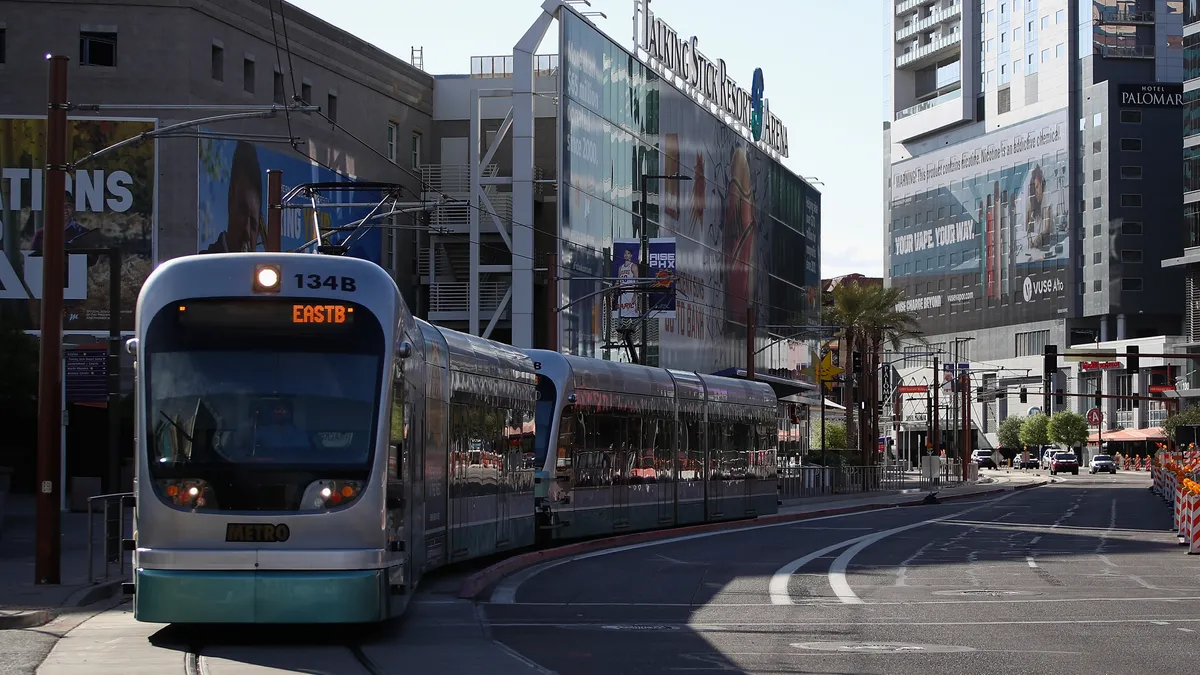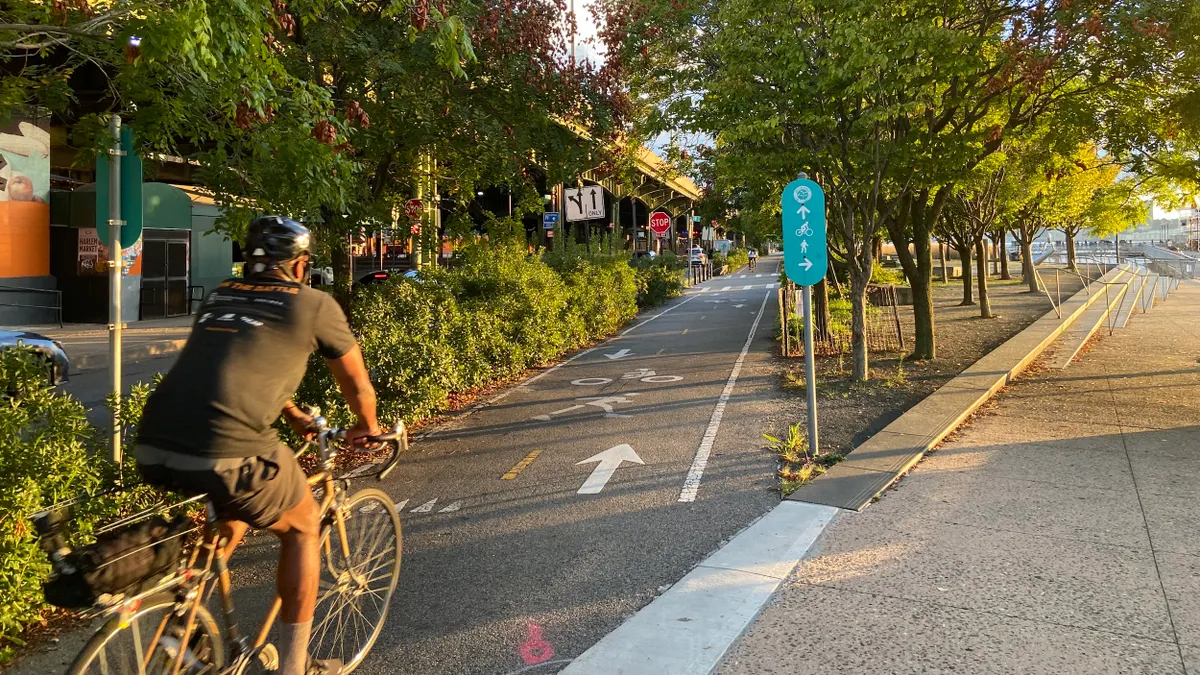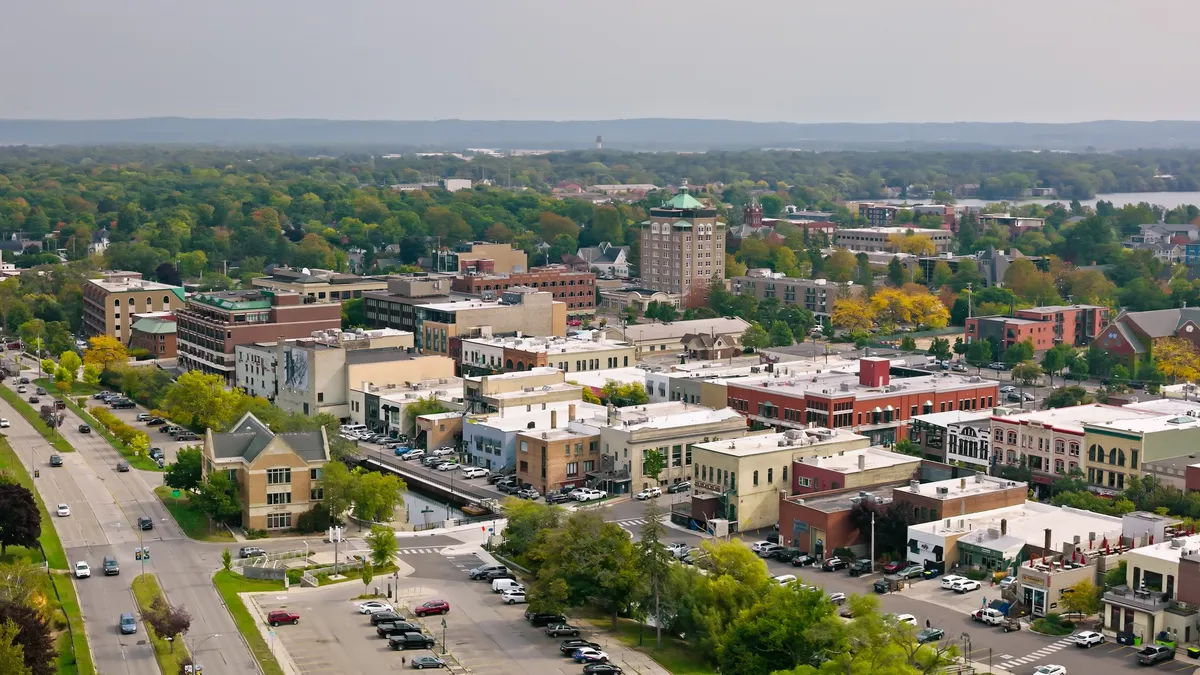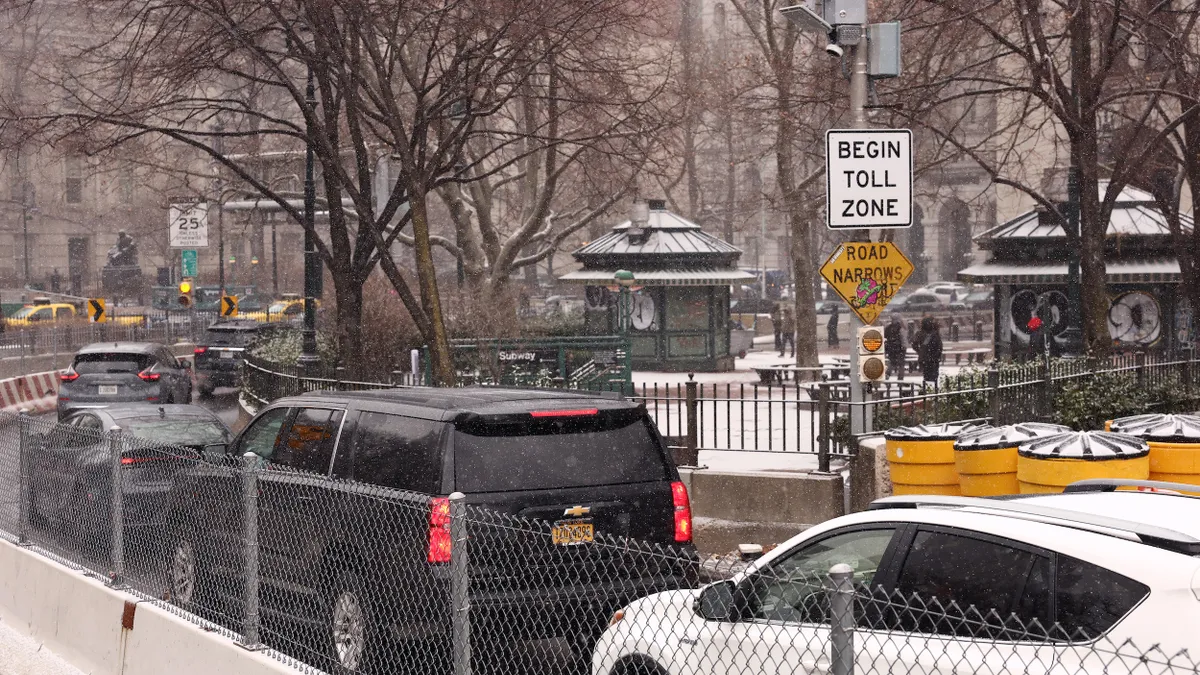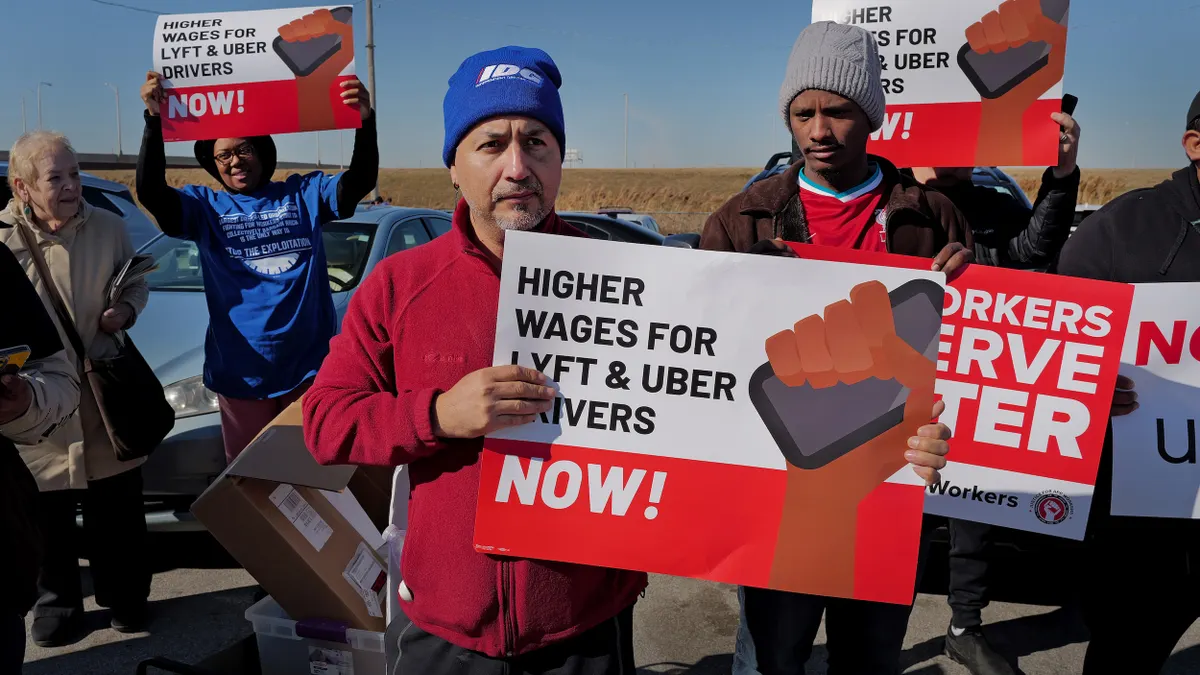Kate Gallego is the mayor of Phoenix.
Cities across the United States are hubs of innovation and are primed to channel federal investments into tangible results for our communities. The Biden infrastructure package is a once-in-a-generation opportunity to make bold investments that can help us deliver the sustainable, prosperous future we all want — a future that includes innovative approaches to transportation, including electric vehicles; water; clean energy retrofits; and recycling. The needs and opportunities the infrastructure package can address in Phoenix and across the Southwest are a snapshot of its benefits for the entire country.
Transportation is at the top of the list. Without targeted action, it will remain the largest source of greenhouse gases in the United States. Federal investments — such as the Capital Investments Grant Program — are critical to helping communities come up with robust alternatives to single-occupancy, gas-powered vehicles. In Phoenix, we’ve already put these types of federal funds to work implementing our local 2050 transportation plan, which includes light rail extensions, active transportation infrastructure, and soon, bus rapid transit. Phoenix’s light rail system already serves 50,000 people a day and has stimulated billions of dollars in public and private investment along its rail lines, demonstrating the ripple effects these investments can create.
Electric vehicles are also a key component of clean transportation. The $7.5 billion allocated to build out a national EV charging network is significant and in line with local electrification initiatives. More EVs on the road equate to improved air quality and reduced greenhouse gas emissions. Equally importantly, by facilitating the uptake of electric vehicles, we also support jobs for manufacturers, technicians, engineers, and others that make up the EV market. More than 270,000 jobs already are associated with clean-vehicle technologies nationwide. In Arizona alone, the electrification of our state’s transportation sector could create 83,000 jobs and save our families, businesses and governments $270 million a year at the gas pump.
Water and water infrastructure are perhaps even more important as foundations for continued economic growth and public health. The infrastructure package provides much-needed funding for Western water infrastructure and storage while advancing water conservation, water-use efficiency and environmental restoration in the Southwest and other Western states.
Investments in energy efficiency retrofits will be critical in cutting emissions to meet local and national climate targets, and these opportunities must be accessible for all. Programs like the low-income energy and water assistance programs (LIHEAP and LIHWAP) would ensure affordable and accessible energy and water services. Weatherization assistance and energy retrofits are especially powerful tools to bolster resilience to extreme weather events and drive down energy costs for residents.
Increased funding for the Energy Efficiency Conservation Block Grant (EECBG) program, championed by Reps. Stanton, Fitzpatrick, and Veasey, would vastly expand funding for community-based project development and implementation, water efficiency, energy efficiency, decarbonization of transit modes and buildings through electrification, seed money for finance programs and training and support services related to jobs.
Finally, maintenance of recycling infrastructure is essential to preserve existing programming as well as to expand service through improved efficiency. Cities across the U.S. have experienced immense challenges in maintaining recycling programs, due in part to changes in Chinese recycling and increasing waste due to COVID-19. Cities including Phoenix are working to develop new markets and circular economy solutions to turn waste into resources. Phoenix’s Resource Innovation Solutions Network supports startups and businesses developing new waste-to-resources solutions. Through a partnership with Arizona State University, we’ve helped grow 19 start-up companies, generated $4.1 million in revenues, created 68 jobs, and manufactured 25 new products. Federal support through programs like the EPA Sustainable Materials Management program would accelerate efforts to divert waste from landfills and generate economic opportunity.
There are several elements of the infrastructure package that have earned bipartisan support and would deliver immediate and long-lasting results for communities across the country. Communities are counting on every level of government to work together, develop the job opportunities of the future, and most of all, drive forward innovative solutions. Cities stand ready to work with our partners in Congress and in the White House to carry out our shared goals of cutting emissions, enhancing resilience to extreme weather events and reducing waste.
Families and individuals can do their part by making themselves heard. Call or write the members of your congressional delegation. Make sure they hear your strong support for the infrastructure plan and its ability to transform our country and our world.
A healthier, more sustainable and more prosperous future is in our grasp. Together we can bring it to fruition.


